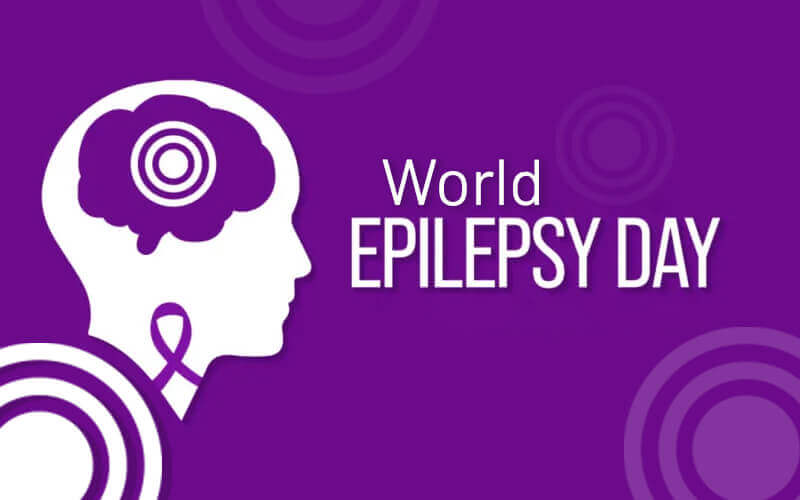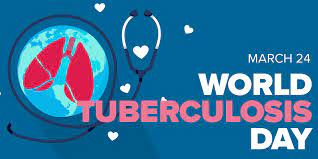Insufficient sleep may up heart disease risk: study

Insufficient sleep and an abnormal sleep cycle
may increase the risk of developing heart disease, especially for those who
work in shifts, a new study has warned.
The body's involuntary processes may malfunction in shift workers and other chronically sleep-deprived people, and may lead to an increased risk of cardiovascular disease, according to researchers from Northwestern University in the US.
Insufficient sleep and circadian rhythm disturbances both have been associated with adverse cardiovascular outcomes but the cause is unclear.
To determine the impact of circadian rhythm disturbances on cardiovascular function in sleep-deprived people, researchers studied 26 healthy people, aged 20-39.
The study participants were restricted to five hours of sleep for eight days (sleep restriction) with either fixed bedtimes (circadian alignment) or bedtimes delayed by 8.5 hours on four of the eight days (circadian misalignment).
Researchers found sleep restriction combined with delayed bedtimes when compared to sleep restriction without delayed bedtimes was associated with an increased heart rate during the day for both fixed bedtimes and delayed bedtimes groups.
It was even more so
at night when sleep restriction was combined with delayed bedtimes. Participants also
experienced reduced heart
rate variability at night; an increase in 24-hour
urinary norepinephrine excretion in the sleep restricted and delayed bedtimes
group; and reduced vagal activity related to heart rate variability during
deeper sleep phases (NREM), researchers said.
These deeper sleep phases have a restorative effect on cardiovascular function in normal individuals.
Norepinephrine is a stress hormone that can constrict blood vessels, raise blood pressure and expand the windpipe. The vagal nerve's main effect on the heart is the lowering of heart rate, researchers said.
"In humans, as in all mammals, almost all physiological and behavioural processes, in particular the sleep-wake cycle, follow a circadian rhythm that is regulated by an internal clock located in the brain," said Daniela Grimaldi from Northwestern University.
"When our sleep-wake and feeding cycles are not in tune with the rhythms dictated by our internal clock, circadian misalignment occurs," said Grimaldi.
Researchers said insufficient sleep is particularly common in shift workers, who represent 15 per cent to 30 per cent of the working population in industrialised countries.
"Our results suggest shift workers, who are chronically exposed to circadian misalignment, might not fully benefit from the restorative cardiovascular effects of nighttime sleep following a shift-work rotation," said Grimaldi.
AIMIM News
Latest Urdu News
Most Viewed
Do you think Canada-India relations will improve under New PM Mark Carney?




.jpg)

























